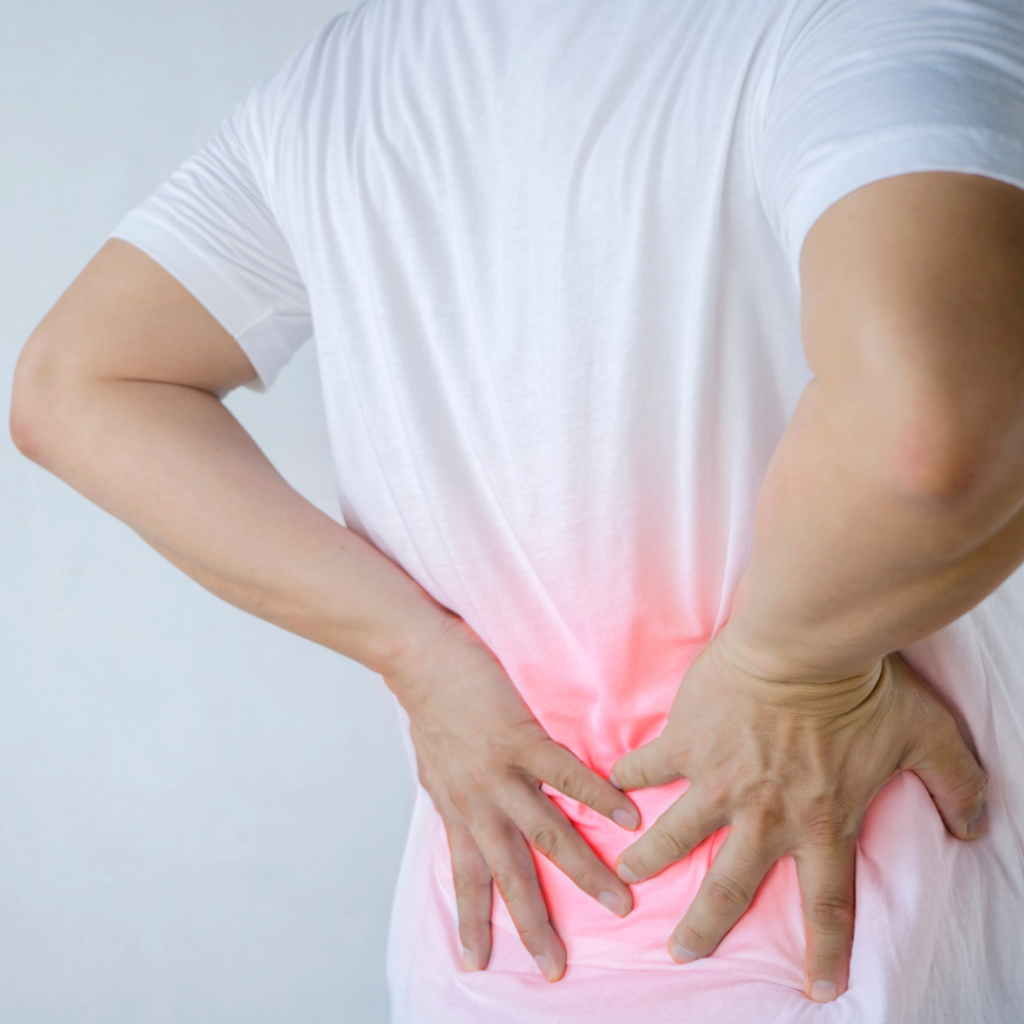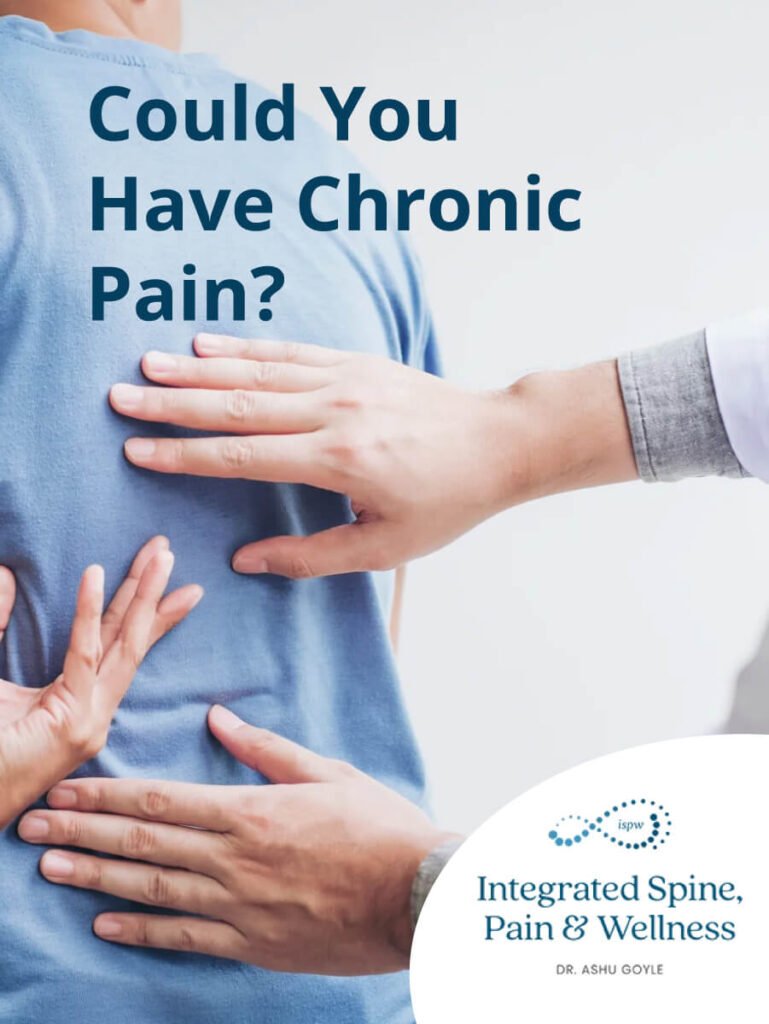Do you suffer from neck or back pain? Does the pain feel like it radiates down your upper and lower extremities?
This may be a sign of a herniated disk.
A herniated disk is a prevalent pain condition that affects many people as they age. It can be excruciating and limit you from performing your daily activities. The good news is there are treatments available to ease your pain and discomfort.
What is a herniated disk?
The spine is made up of cushions called disks that sit between each vertebrae or bone.
A spinal disk has a soft, jelly-like center called the nucleus encased in a stronger, rubbery exterior called the annulus. A herniated disk occurs when some nuclei push through a tear in the annulus. You may have also heard a herniated disk referred to as a slipped disk or ruptured disk.
While a herniated disk can happen anywhere in the spine, it is most common in the lower back.
Symptoms
Most herniated disks occur in the lower back, but they can also occur in the neck. Signs and symptoms depend on where the disk is situated and whether the disk is pressing on a nerve. Herniated disks usually affect one side of the body.
Symptoms to watch for:
- Numbness or tingling- if you’re experiencing neck pain, you may feel numbness down the arm. You may feel numbness or tingle down the leg if you have low back pain.
- Arm and leg pain- you may also feel pain down the leg or arm depending on which area of the spine is affected. If the neck is causing you pain, then the pain will radiate down the arm. If the lower back is causing pain, then you will feel pain going down your leg.
- Weakness- you may also feel slight weakness in the affected area, causing you to drop things or stumble.
Causes
Disk herniation is often the result of gradual, aging-related wear and tear called disk degeneration. As people age, the disks become less flexible and more prone to tearing or rupturing.
Most people aren’t sure what was the cause of their herniated disk. I often see patients who herniate a disk from working out. When a patient uses the back muscles instead of the leg and thigh muscles to lift heavy objects, a person twists or moves incorrectly while lifting a heavy object can cause the disk to herniate or slip. I can’t stress the importance of physical therapy or having a personal trainer while you work out to show you the correct form when doing any movement, hopefully preventing injury.
Treatments
Treatment is pretty conservative. Physical therapy and rest are what are recommended. Depending on your level of pain, other treatment options may be suggested.
Medications
- Non Prescription pain medications. If your pain is mild to moderate, pain medication without a prescription can be taken like acetaminophen (Tylenol, others), ibuprofen (Advil, Motrin IB, others), or naproxen sodium (Aleve).
- Neuropathic drugs. These drugs affect nerve impulses to decrease pain. They include gabapentin (Gralise, Horizant, Neurontin), pregabalin (Lyrica), duloxetine (Cymbalta, Drizalma Sprinkle), or venlafaxine (Effexor XR).
- Muscle relaxers. You might be prescribed these if you have muscle spasms. Sedation and dizziness are common side effects.
- Cortisone injections. If your pain doesn’t improve with oral medications, your doctor might recommend a corticosteroid that can be injected into the area around the spinal nerves. Spinal imaging can help guide the needle.
Physical Therapy
This may be recommended to a patient depending on the severity of their pain. A physical therapist can work with you to show you proper technique and movement while doing everyday activities. The physical therapist will show you how to move your body correctly to heal and prevent further injury or pain.
Finally
There is no way to prevent herniated disks entirely, but there are things you can do at home to take care of and protect your body.
If you need more information on how you can improve and heal your pain, please reach out to me. You can find me on social media or our website.
Here’s to great health and less pain,
Dr. Goyle


